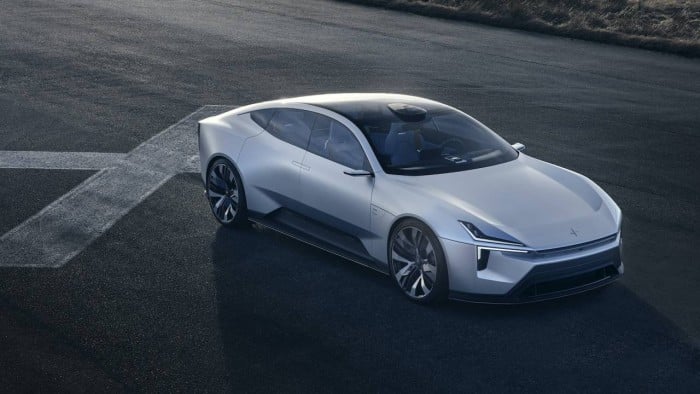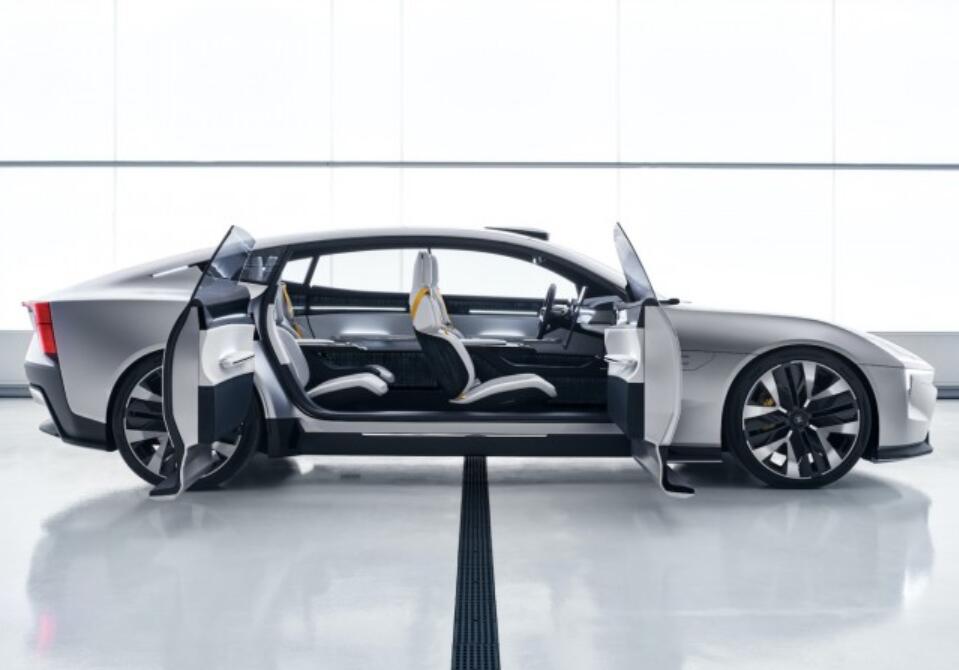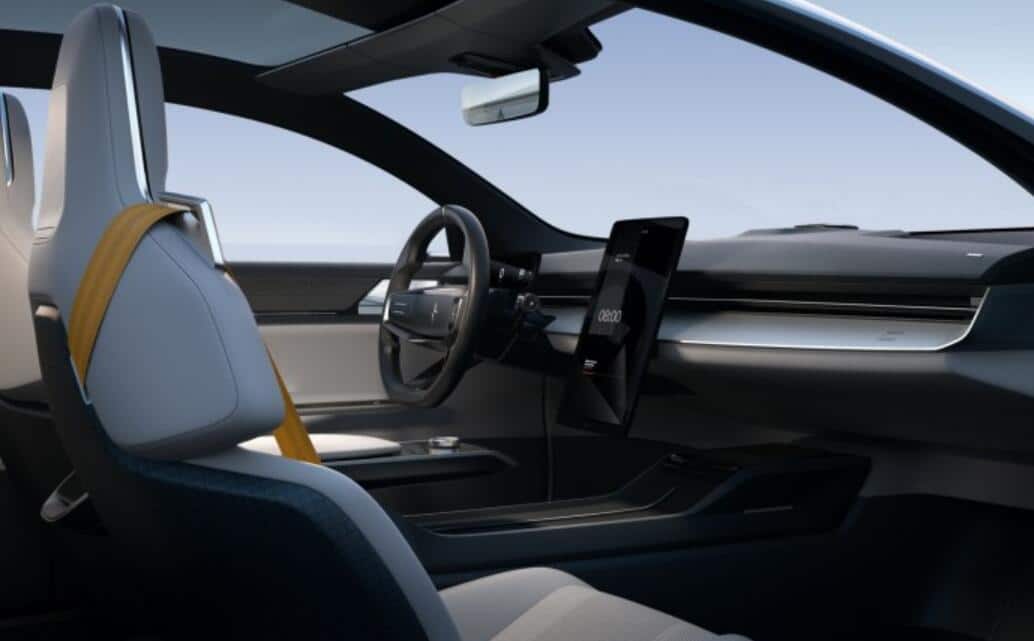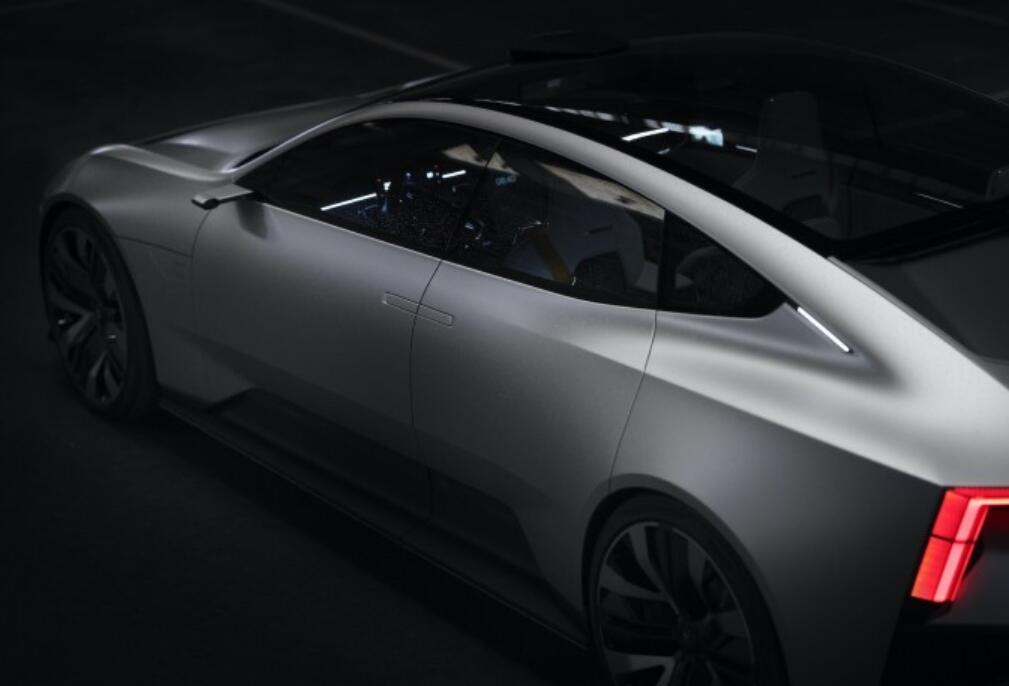Polestar Precept should have been a highlight of the electric car manufacturer at the Geneva Motor Show, but this international event has to be forced to cancel because of the new coronavirus pandemic.
A few days ago, the company behind this concept car, Polestar, shared more details about the car.
Polestar started with Polestar 1-a hybrid sedan, which was originally a Volvo concept car.
After that, Polestar further widened the gap with its Swedish counterparts and launched the all-electric Polestar 2, which is a cheaper slip-back electric car that has just been put into production in Luqiao, Zhejiang, China.
Then there is Polestar 3, which is the brand's first SUV. Nevertheless, everyone can still expect more from Polestar Precept than just appearance.
Obviously, this concept car continues to continue the previous green environmental protection concept, and it hides all this.
Flax-based natural composite materials replace plastics, and there is powerRibs technology developed by partner Bcomp-using the vein-like skeleton to enhance the structural strength of the car while reducing the weight of the car.
In order to avoid waste and notch trimming, the 3D knitted fabric made of recycled PET bottles uses a single-threaded process; the carpet uses Nylon 6 recovered from old fishing nets, and the vinyl materials for seat cushions and headrests come from recycling And discarded wine bottle corks.
In addition to these obvious elements such as 22-inch tires and Thor headlights, Polestar Precept also incorporates many emerging technologies-lidar mounted on the roof, radar and ultrasonic sensors embedded in the grille, sides of the car SmartZones sensor hub.
Considering that this is a slender, slim slipback coupe, the rear hinged door is conceptually very friendly. With the new Android system, everything looks just right.
A 15-inch touch screen is installed in the Precept dashboard, and its pre-installed system is based on the first version of the Android OS that will be launched in Polestar 2 this year.
When the Polestar digital key approaches, the car will be woken up, and then adjust the content on the screen through the proximity sensor according to the user's hand position.
Of course, Google Maps and Google Assistant are all members who will not be absent.
But this time, the navigation system and the advanced driver assistance system (ADAS) are combined, so the car will be able to travel more accurately according to traffic conditions and other road conditions.



